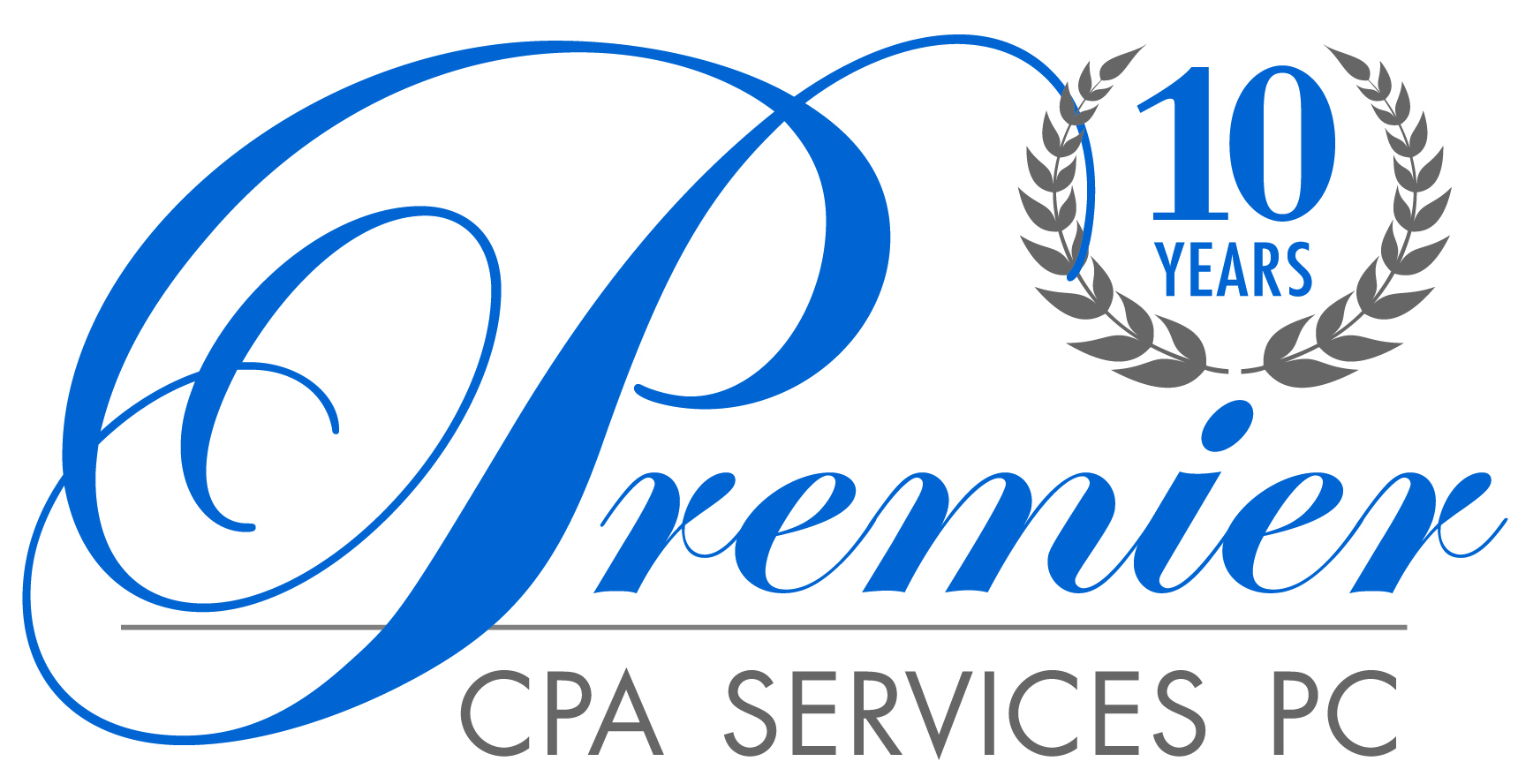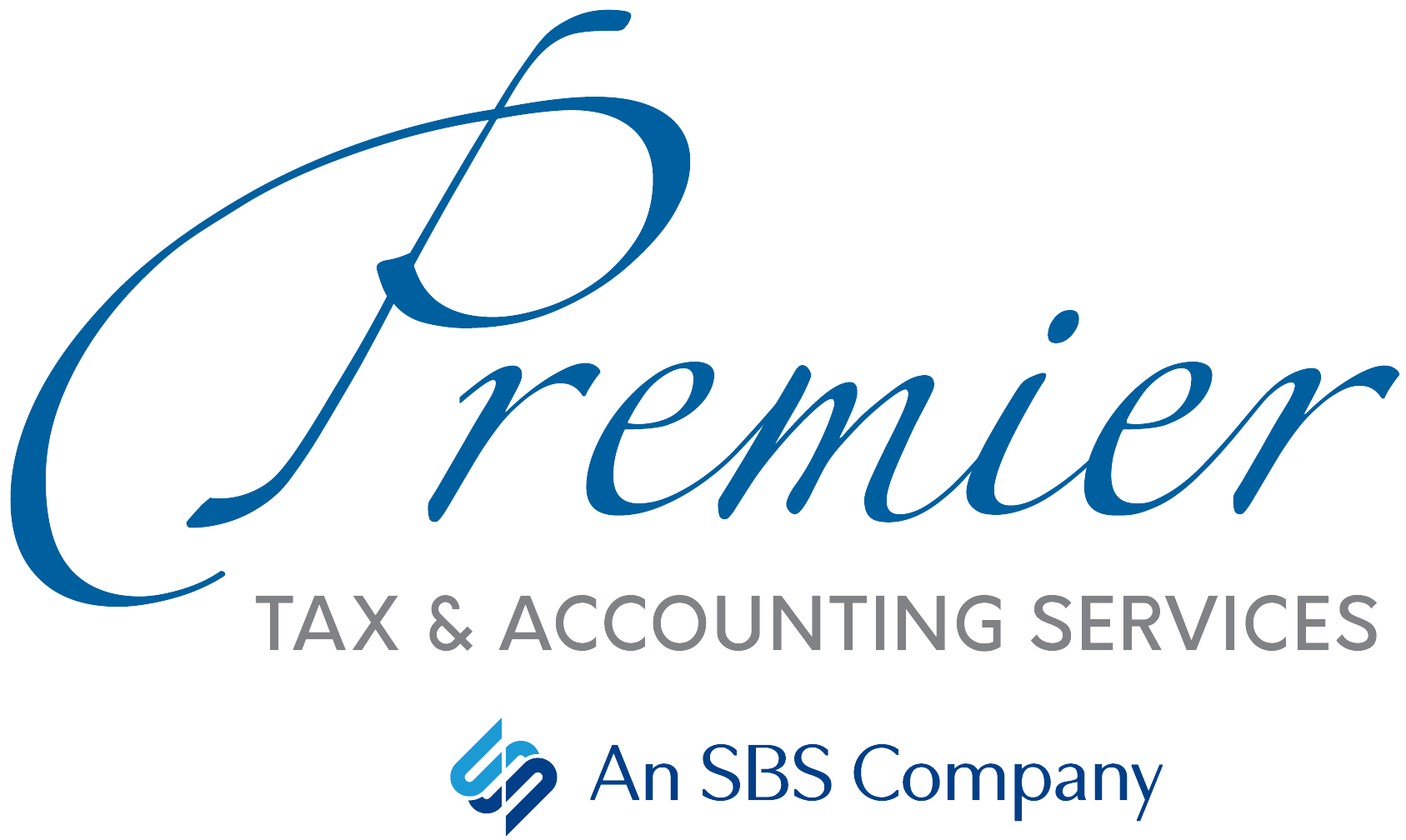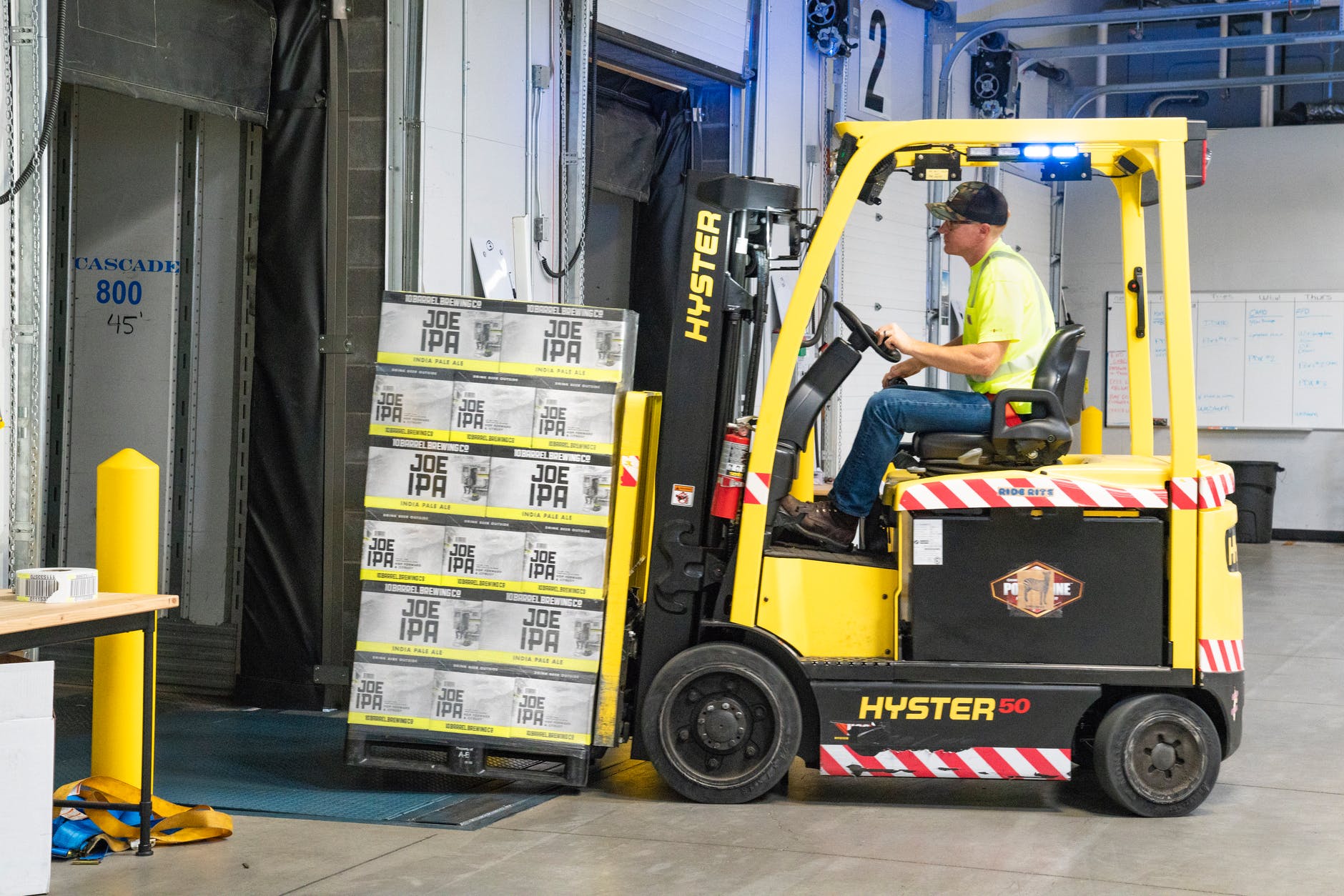As a small business owner, it’s important to classify your workers properly. Federal and state withholding, Social Security and Medicare, and unemployment taxes are all dependent on this classification.
Independent Contractor Vs. Employee
Whether a worker is an independent contractor or an employee depends on the relationship between the worker and your business. Generally, there are three categories to consider:
- Behavioral Control: Do you control what the worker does, and how and when the worker does the job?
- Financial Control: Do you direct or control the financial and business aspects of the worker’s job. This includes things like how the worker is paid, whether expenses are reimbursed, and who provides tools/supplies, etc.
- Relationship of the Parties: Do you have written contracts or employee-type benefits (i.e. pension plan, insurance, vacation pay, etc.)? Will the relationship continue and is the work performed a key aspect of your business?
In general, employees perform services for a business that specifies what to do and how to do it. What matters is that you control the details of how and when your workers perform the services. In this case, you would withhold and pay income taxes, Social Security and Medicare taxes, as well as unemployment taxes, and provide a Form W-2 to each employee at the beginning of each tax year.
Independent contractors, on the other hand, typically offer their services to several businesses, or to the public. Doctors, dentists, veterinarians, lawyers, accountants, contractors, subcontractors, freelance web designers and others are generally considered independent contractors. Since independent contractors do not have taxes withheld, they are responsible for paying these taxes themselves. Rather, you (the business “hiring” the independent contractor) provide a Form 1099 at the beginning of each tax year.
Keep in mind: If you misclassify an employee as an independent contractor without a reasonable basis, you can be held liable for employment taxes for that worker.
What About Self-Employed & Gig Workers?
Generally, someone is self-employed if any of the following apply to them.
- They carry on a trade or business as a sole proprietor or an independent contractor.
- They are a member of a partnership that carries on a trade or business.
- They are otherwise in business for themselves (part-time or full-time).
Self-employed individuals generally are required to file an annual tax return and pay estimated tax quarterly. They must pay self-employment tax (Social Security and Medicare tax) as well as income tax. This is true even if their income is: from part-time, temporary or side work; not reported on a Form 1099-K, 1099-MISC, W-2 or other income statement; or paid in any form, including cash, property, goods or virtual currency.
Do You Have Employees or Independent Contractors?
If you’re not sure how to classify your workers, contact us for guidance. We can help you determine the best course of action for each instance — and make sure you avoid penalties for misclassification.

May 31 was our 10-Year Anniversary! To celebrate, we will be offering some great giveaways to our clients and Facebook friends. Be sure to follow us and stay tuned!
Keep Track of Payments for Form 1099-MISC
You will need to request a person’s or business’ Taxpayer Identification Number (TIN) via Form W-9 when you pay them at least $600 during the year for:
- Rents.
- Prizes and awards.
- Other income payments.
- Medical and healthcare payments.
- Crop insurance proceeds.
- Cash payments for fish (or other aquatic life) you purchase from anyone engaged in the trade or business of catching fish.
- Generally, the cash paid from a notional principal contract to an individual, partnership, or estate.
- Payments to an attorney.
- Any fishing boat proceeds.
In addition, you’ll use Form 1099-MISC to report when you made direct sales of at least $5,000 of consumer products to a buyer for resale anywhere other than a permanent retail establishment.
Cost of COVID-19 Home Testing Is Eligible Medical Expense
The cost of purchasing a home testing kit for COVID-19 is an eligible medical expense that you can pay for or be reimbursed through your health flexible spending arrangement (health FSA), health savings account (HSA), health reimbursement arrangement (HRA) or Archer medical savings account (Archer MSA). The costs of personal protective equipment, such as masks, hand sanitizer and sanitizing wipes, for the primary purpose of preventing the spread of COVID-19 are also eligible medical expenses.
Video Tax Tip
Here are a few tips for small businesses, trusts, estates, charities and others about the Employer Identification Number (EIN). For more details, visit https://www.irs.gov/ein.



